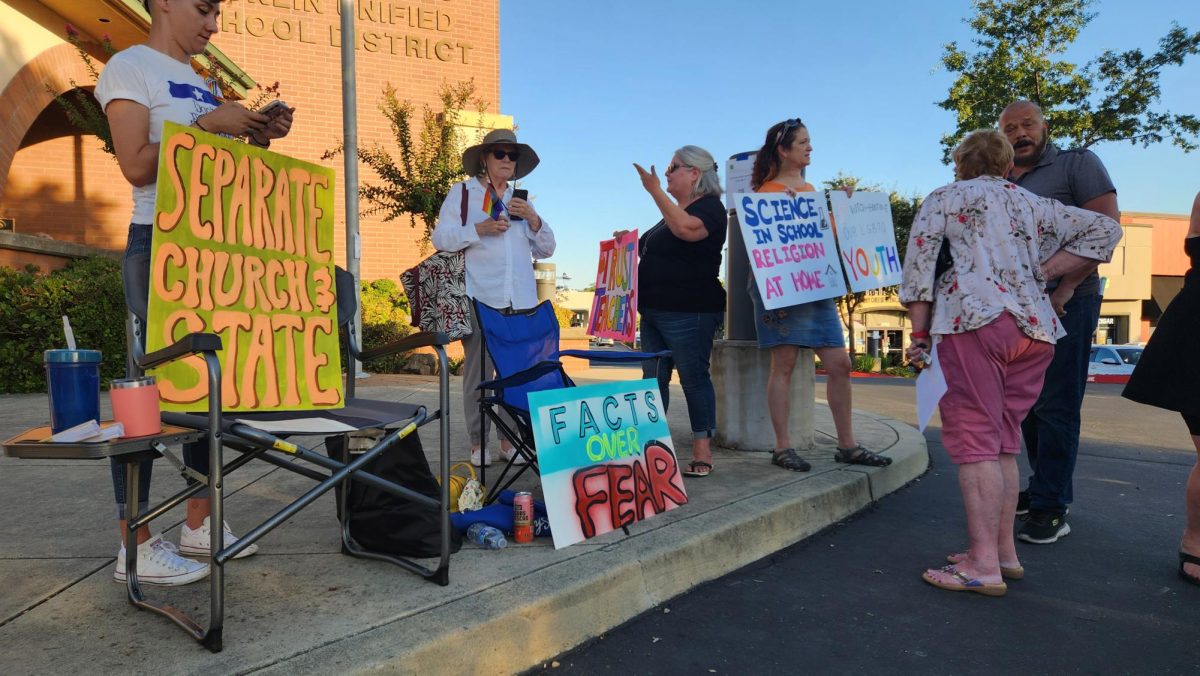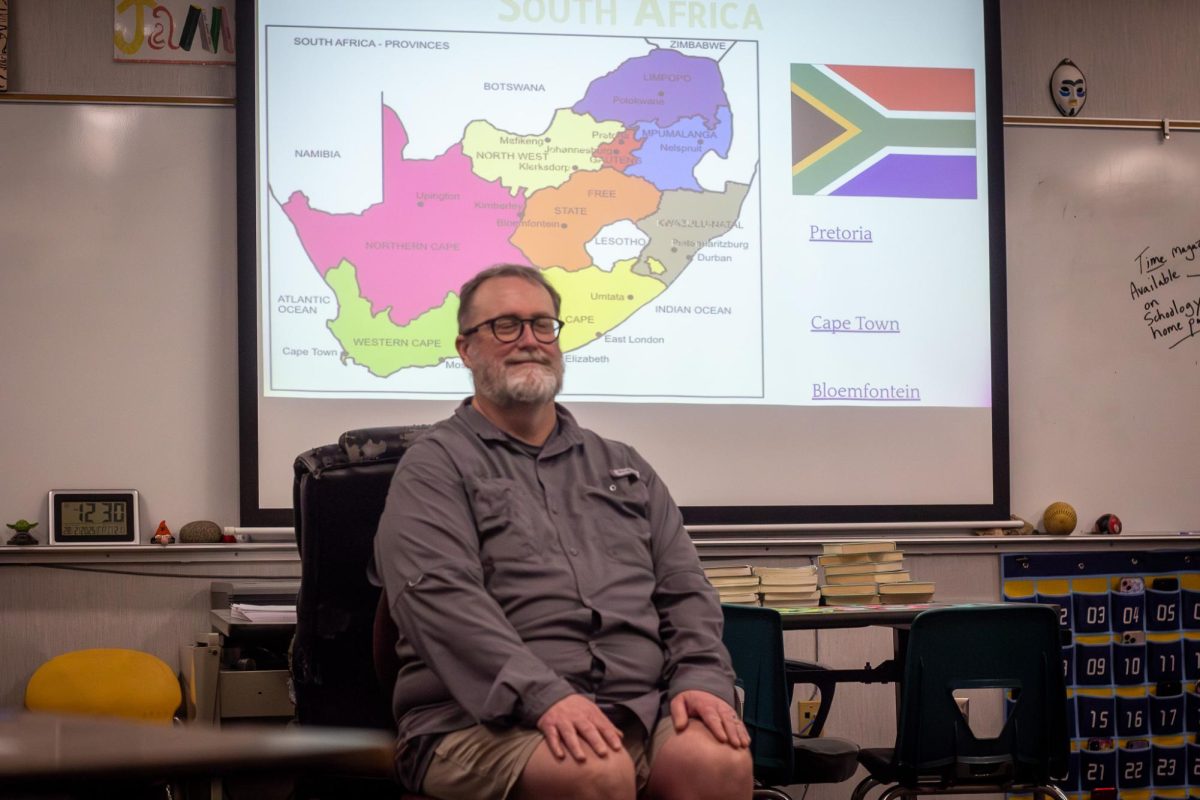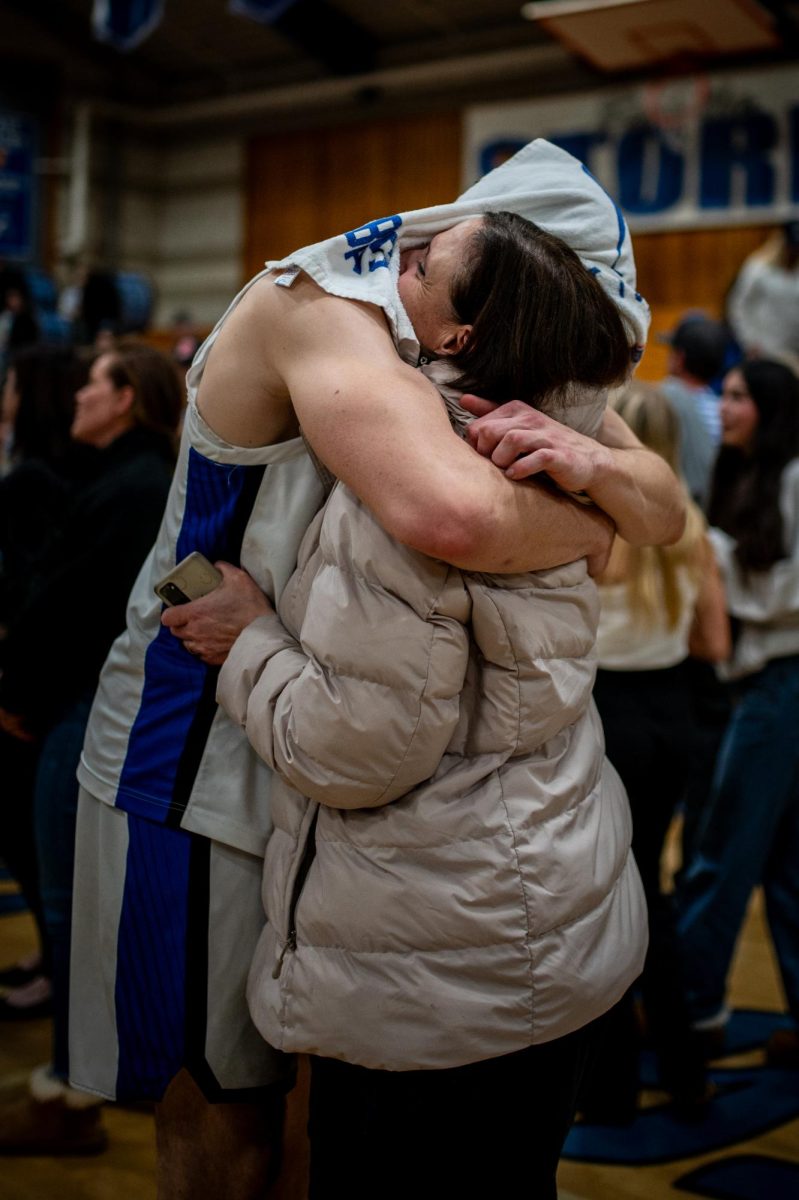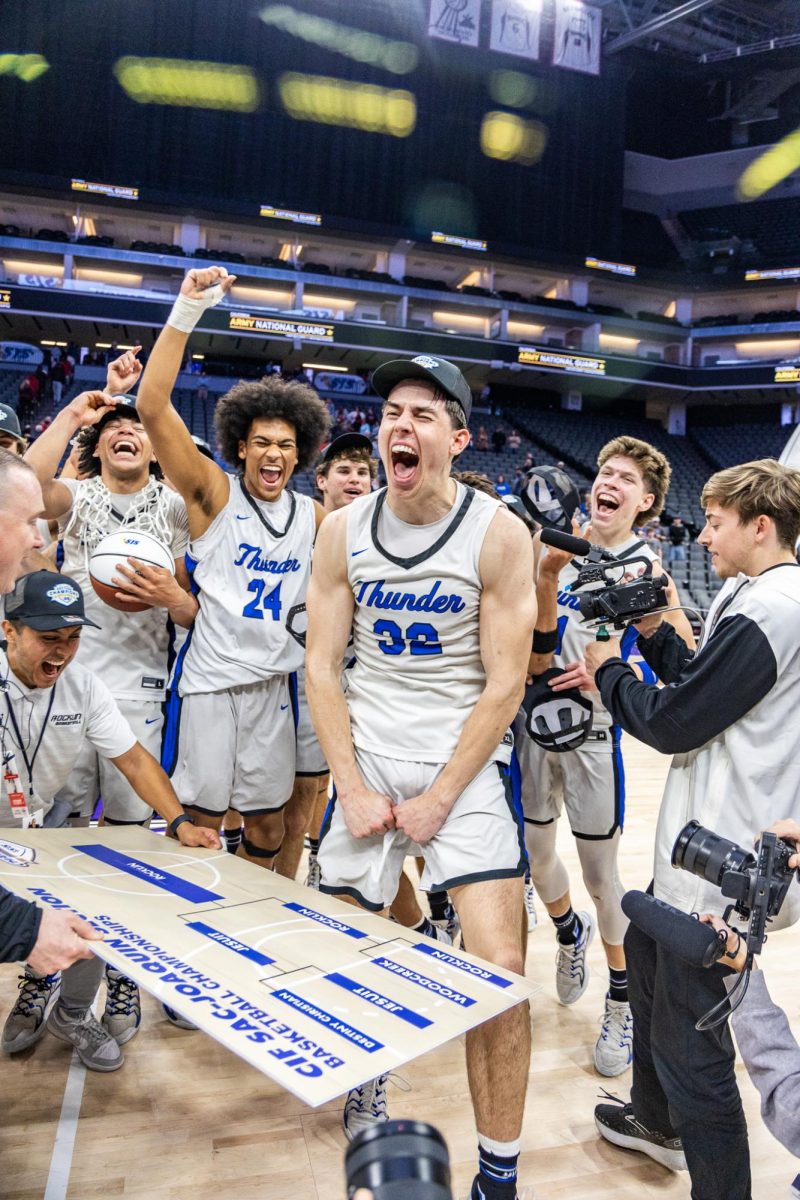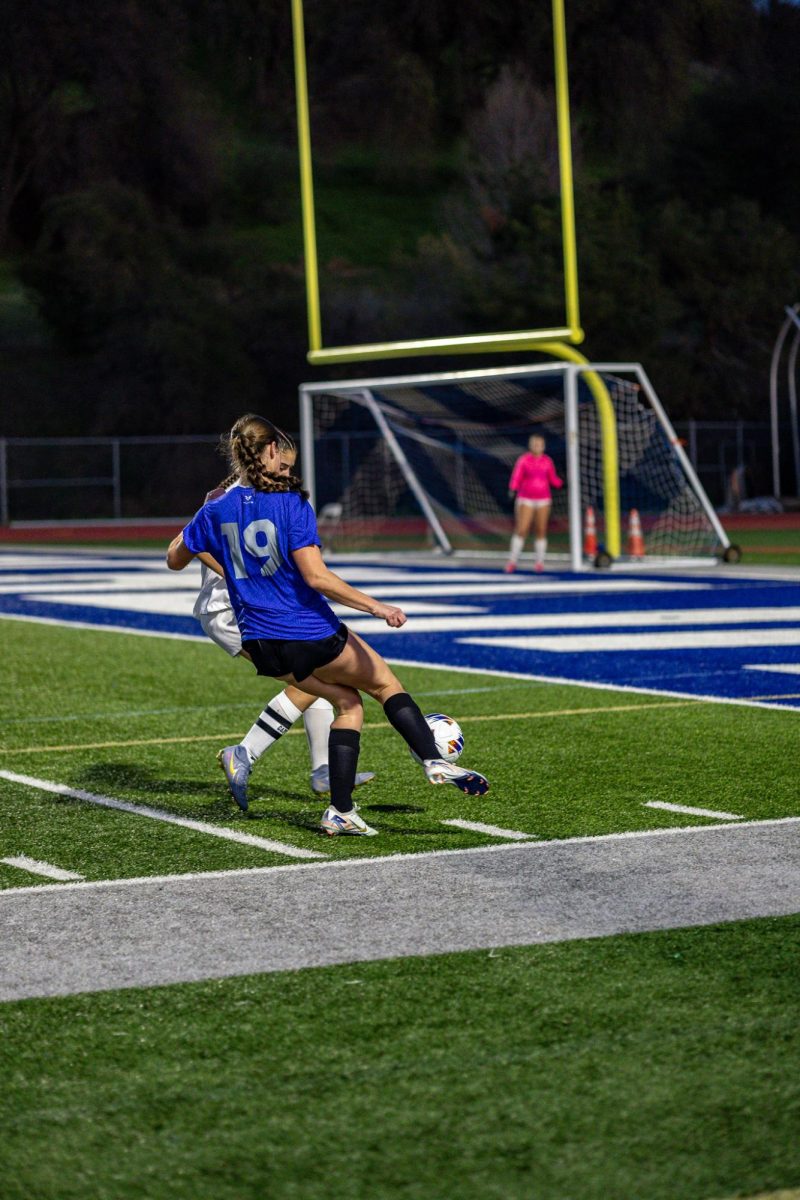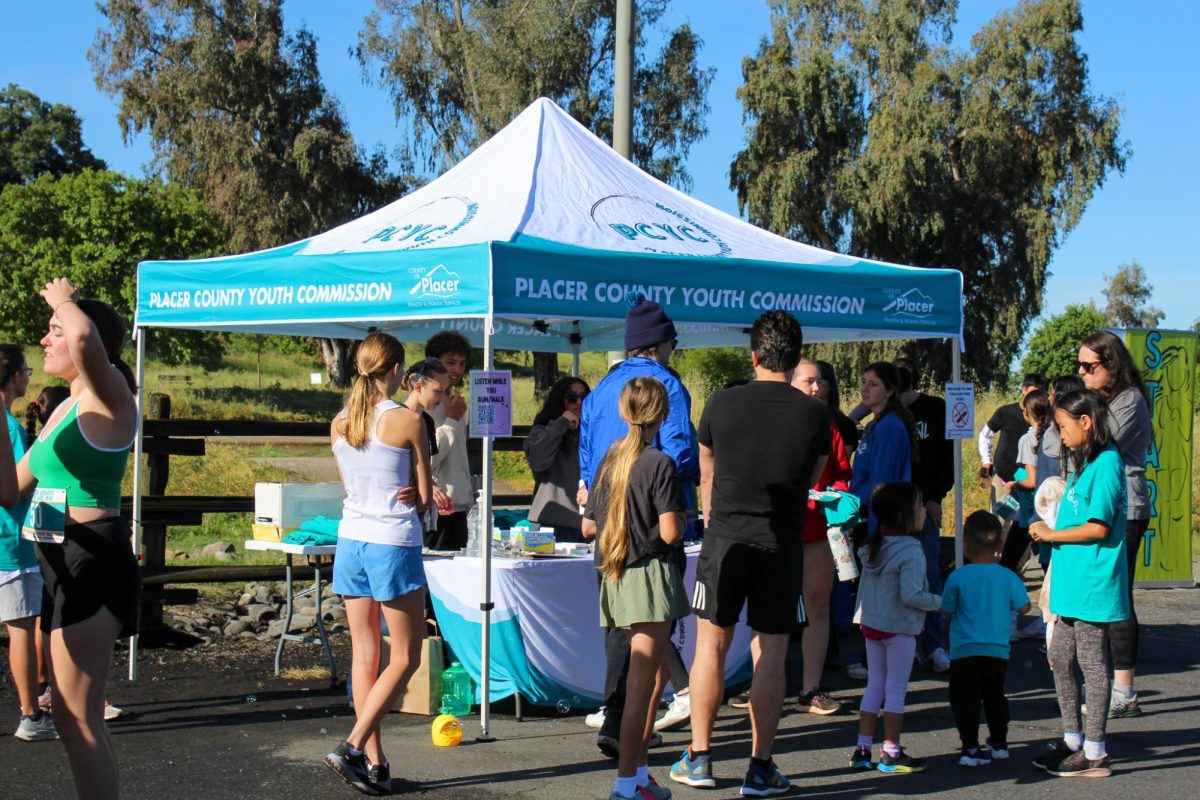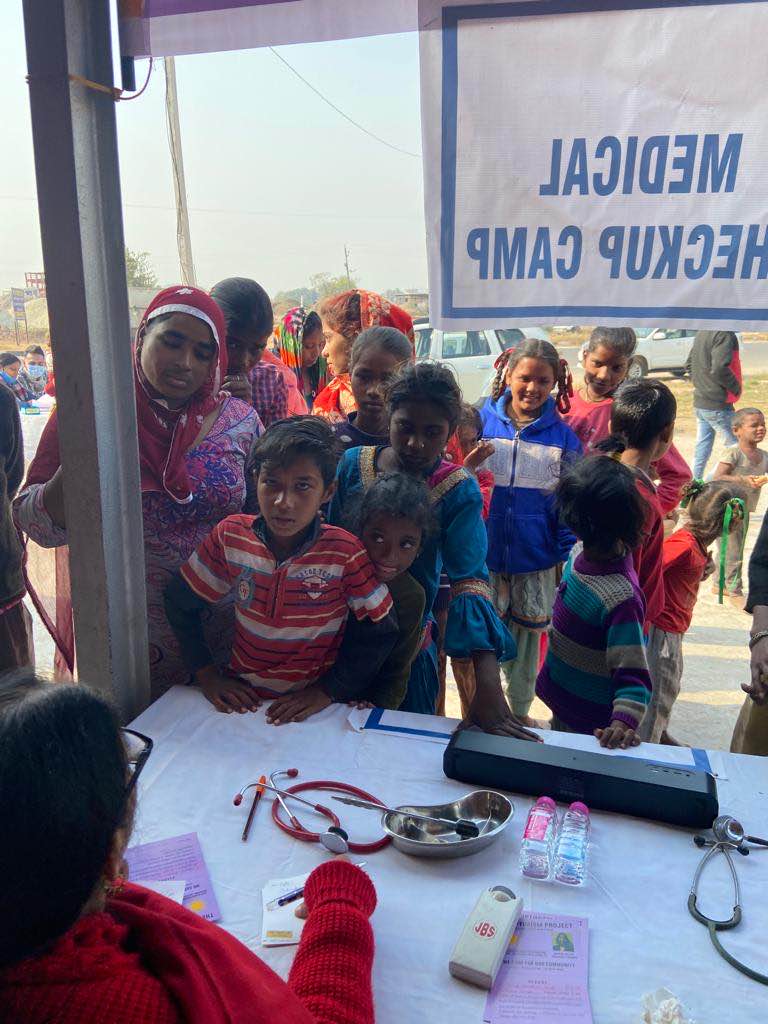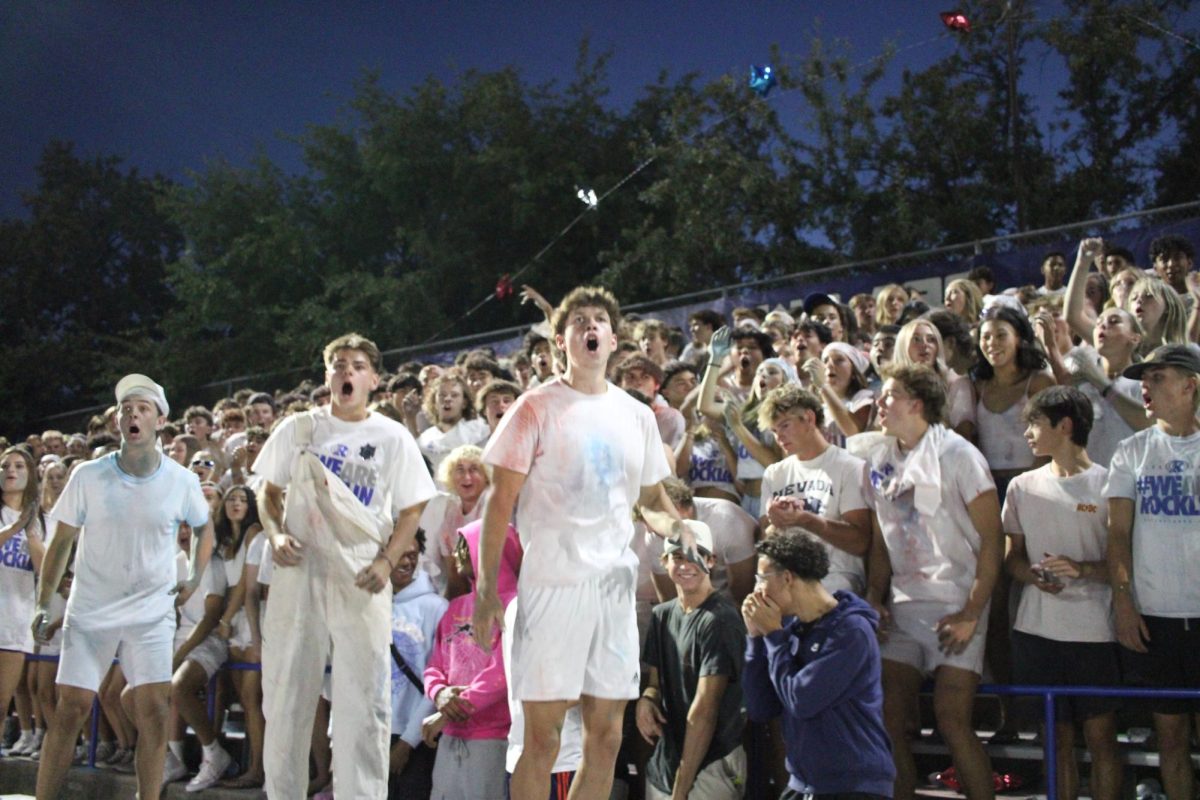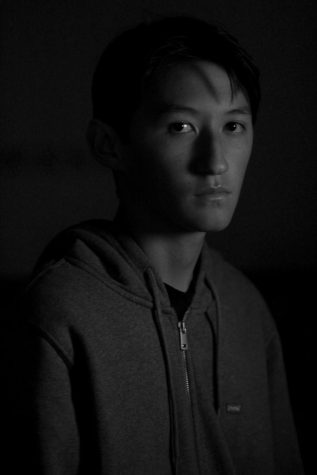The crowd erupts into a mixture of cheers and boos. Heavy cameras line the back wall, zooming in to catch the action. The room is divided into two rival teams. But this is not a sporting event. This is a school board meeting.
This isn’t how it always was — indeed, the political polarization of school boards is a relatively new phenomenon. According to the California Constitution, school board elections are non-partisan. However, in recent years, partisan politics have increasingly found their way into the public education system. According to a UCLA survey, 45 percent of school principals reported an increase in “community level conflict” in the 2021-2022 school year compared to before the pandemic.
In Rocklin, a new policy passed by the school board on Sept. 7 is the latest development in the local culture wars. Teachers and staff are now required to notify parents if their child requests to be identified as a gender that does not align with the sex assigned to them at birth. If credible evidence suggests immediate notification may jeopardize the child’s safety, notification may be delayed for up to 48 hours.
The policy is the culmination of a series of political controversies in RUSD that began with the district’s defiance of statewide mask mandates in 2021. In late August of this year, board president Julie Hupp came under fire for a social media post made on an official Rocklin USD account calling for “as many Christ-centered, family-focused parents as we can get” on district advisory committees, including one for a proposed science curriculum. In early September, Hupp introduced her strategy for insulating local districts from the influence of the California Teachers Association. In doing so, the strategy will strip teachers of CTA protection against parent objections to curriculum. These events have divided the community, contributing to an increasingly polarized environment in schools throughout the district.
How did we get here?
During the 2022 school board election, three of the five of the current Rocklin school board members received campaign money and support from The American Council for Evangelicals, a local Political Action Committee (PAC) whose stated mission is “to strengthen the family, expand religious liberty, and better society.” That year, Rocklin school board candidates were the largest individual beneficiaries of the PAC, and the PAC made three-fourths of all its contributions towards boards of education in California.
It is stated elsewhere on the American Council’s website that separation of church and state “does not prevent religious influence on society, but encourages it. We reject the Separation Doctrine how it is currently interpreted today.” The American Council hopes to promote the influence of religious values in the sphere of education through its financial support of RUSD board members. Tanner DiBella, president of the American Council, told The Flash that four of the five current board members “align with our values.” He said, “I believe that they 100 percent have the right to use their own moral convictions, whether it’s religious or not, to enact policy and statues within a school district. And by doing that, it’s not forcing students or members of the community to adhere to their religion or believe in their God.”
DiBella is also a member of the executive leadership team at Destiny Church, which has come under fire for its defiance of pandemic mask mandates, distribution of religious exemptions for vaccine requirements, and homophobic sermons by lead pastor Greg Farrington. In 2020, Farrington and his wife each contributed $17,500 in support of the American Council. That year, the American Council made its largest contribution to the Republican Party and a smaller one to board member Tiffany Saathoff, who is also a preacher at Destiny Church.
Saathoff was endorsed by Moms for Liberty, a nationwide organization dedicated to “unifying, educating and empowering parents to defend their parental rights at all levels of government.” The parental rights movement gained force during the pandemic in opposition to mask mandates in school and pushed for schools to reopen amidst shutdowns. This movement has turned school boards across the country into political battlegrounds to combat what Moms for Liberty calls “woke indoctrination.”
With RUSD engaged in a tug-of-war across the line between church and state, the future remains uncertain. Will ideological hegemony smother dissenting voices, or will pluralism prevail?
What will the future hold?
On Sept. 6, a San Bernardino Superior Court judge blocked the enforcement of a Chino Valley Unified School District policy similar to the one passed by RUSD. The same day, California Attorney General Rob Bonta issued a statement condemning the board’s approval of what he called a dangerous and discriminatory “forced outing policy.”
California Assemblyman Bill Essayli, author of the failed statewide bill after which the Rocklin and Chino Valley USD policies are modeled, spoke at the meeting to encourage the board to stay the course regardless of the legal consequences. “This is a fight we will take, and it’s a fight we want, and we will take it to the Supreme Court,” he said, adding that he is confident that the result will “reaffirm parental rights in the United States.”
Trustee Tiffany Saathoff said that the board “received very clear legal counsel that the policy … does not break state or federal law.” She said that parents’ rights supersede state guidance, at least until the matter is decided in court.
After midnight on Sept. 7, the board passed the proposed policy to applause. Of the five board members, only Michelle Sutherland voted against it. She told The Flash, “… if we’re expecting students to come and learn, and you know, have good social, emotional wellness … this policy was contradictory to that in my mind.” She cautioned that students will no longer be free to express themselves at school.
A transgender Rocklin High School student, whose anonymous letter to the board was read aloud at the meeting, told The Flash that he has “considered coming out at school many times” but wants to wait until he is financially independent before doing so at home because he fears his parents may react negatively. “It’s definitely easier to be out at school because you’re going to leave the school behind. Eventually, you’re going to graduate and go to college and probably never meet these people ever again. But these are the parents who you’ll have for the rest of your life. And many of the people I know that are out at school are not out at home to their parents because they don’t yet feel comfortable.” Whether he still chooses to come out “will depend on whether or not legal action is taken, and what the environment at school is like.”



